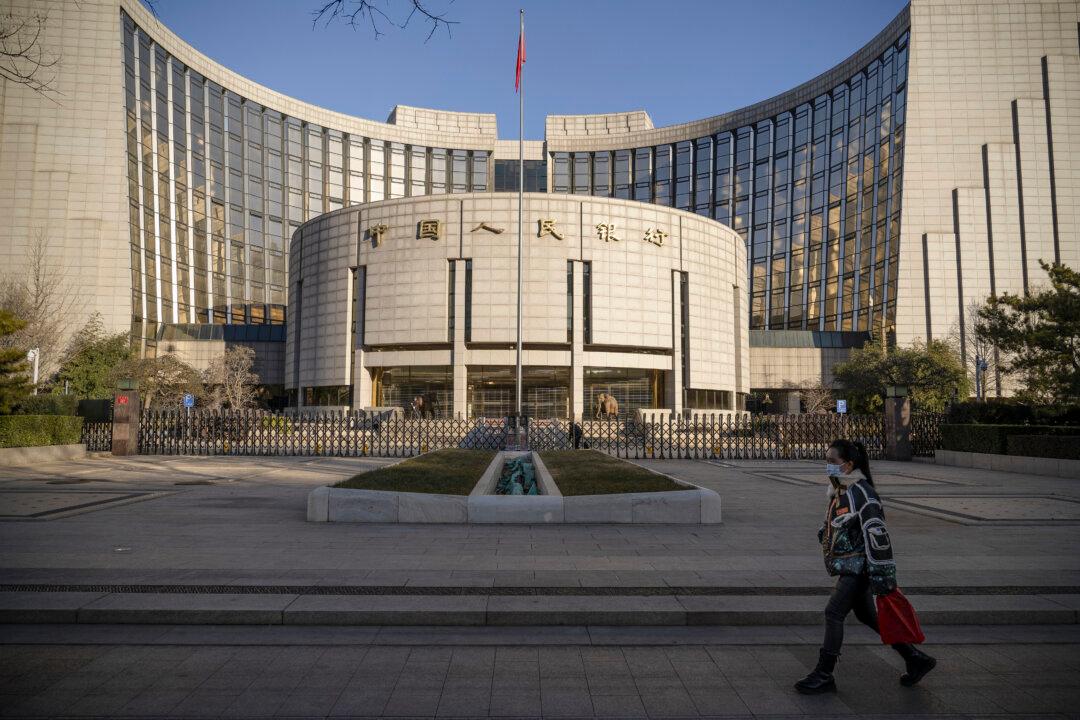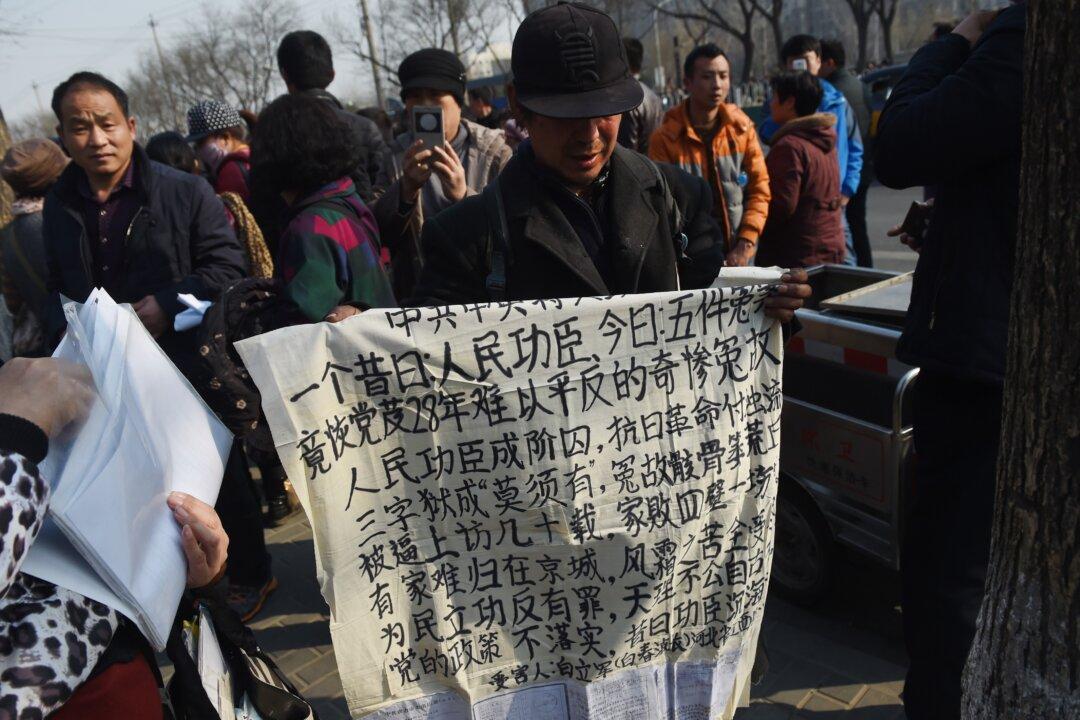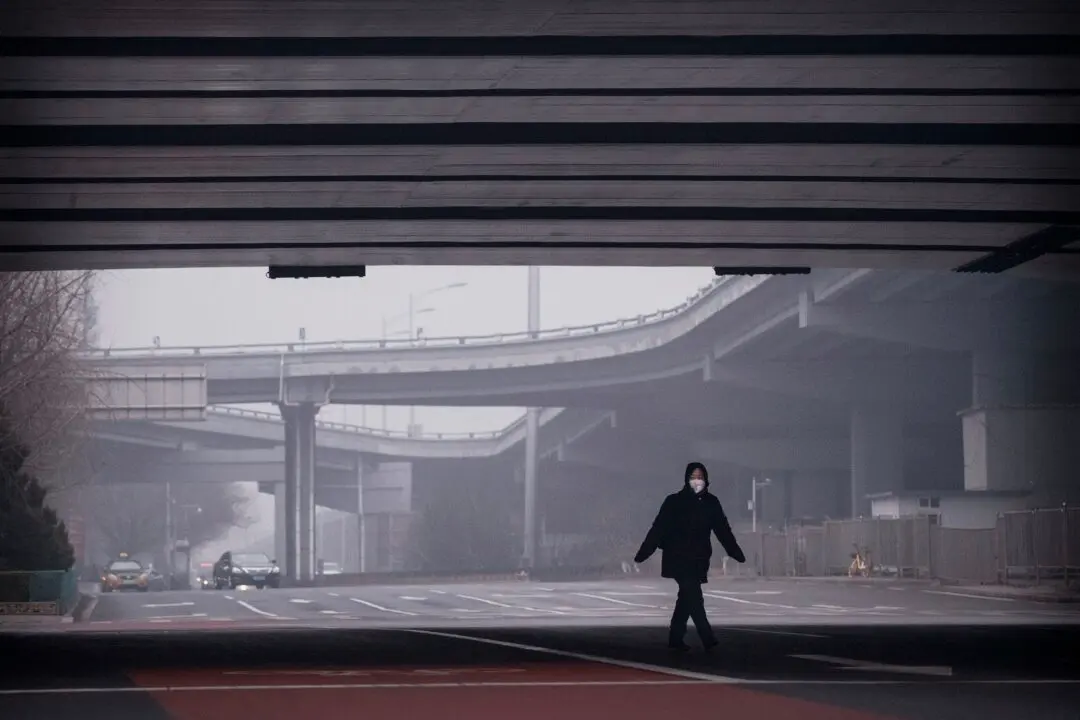The Chinese Communist Party (CCP) is planning to impose a new local surcharge tax with a theoretical revenue scale of nearly $1 trillion yuan ($138 billion) per year to keep local governments afloat, after a top meeting earlier this month, according to Chinese media reports.
The official “decision” passed at the CCP’s Third Plenum in mid-July stipulates that in order to solve the financial difficulties of local governments, “it’s necessary to increase local independent financial resources, expand local tax sources, and appropriately expand local tax management authority.”




